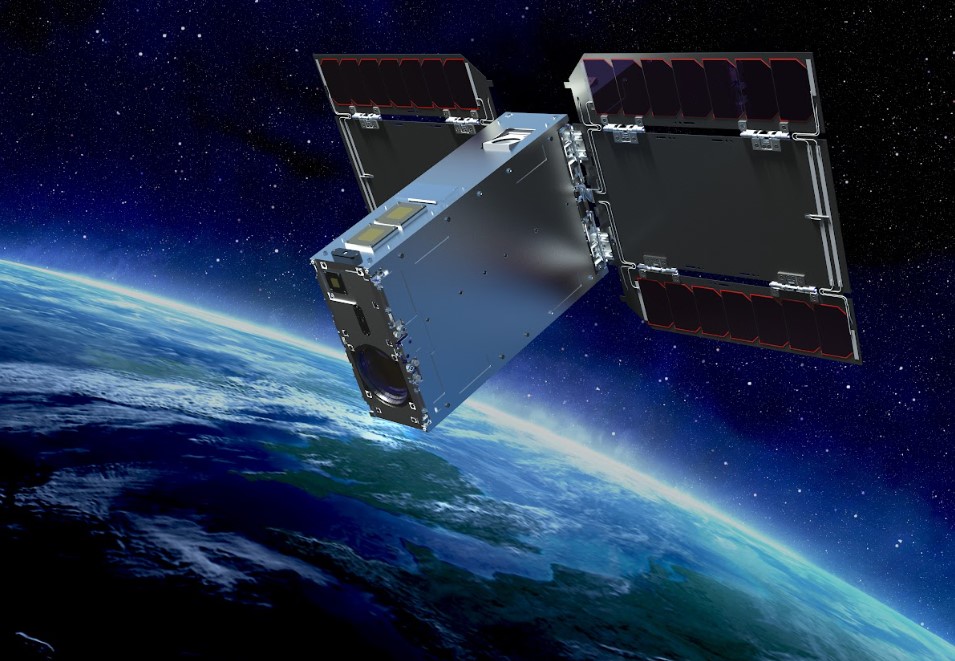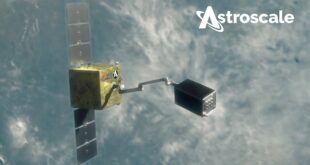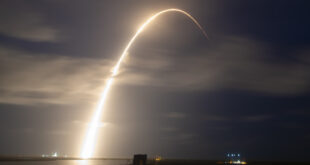
Ibadan, 8 February 2024. – Pale Blue Inc. has received a grant from Japan’s Ministry of Education, Culture, Sports, Science and Technology (MEXT) under the Small and Business Innovation Research 3 (SBIR-3) program to develop and demonstrate key technology for space debris mitigation. The grant is worth up to USD 27 million (JPY 4 billion) and will enable the development and demonstration of a miniaturized water-based ion thruster and a water-based hall-effect thruster by 2027.
Most space debris comprises fragments generated by collision with other space debris and satellites that have ceased operation. To reduce space debris, it is imperative that future satellites can avoid collision and perform deorbit maneuvers upon completing their missions. As propulsion systems enable satellites to both avoid collision and deorbit, they are one of the most effective tools available today to mitigate space debris.
In response to the need for propulsion systems that are both small enough to fit on small satellites and integration-friendly, Pale Blue aims to develop a propulsion system that uses water as propellant. As a result, Pale Blue will develop two types of propulsion systems under this program; a water-based miniaturized ion thruster targeting 10-100 kg class satellites and a water-based hall-effect thruster targeting 100-500 kg class satellites, both of which it will demonstrate in orbit.
Speaking on the award, Jun Asakawa, CEO of Pale Blue, said, “We will contribute to space debris mitigation through agile development of the miniaturized water ion thrusters and the water hall-effect thrusters. This program will enable the product to rapidly enter the market after in-orbit demonstration and will allow for quick adoption by satellite constellation operators. We are confident that this will lead to our vision of creating mobility that is core to the space industry.”





